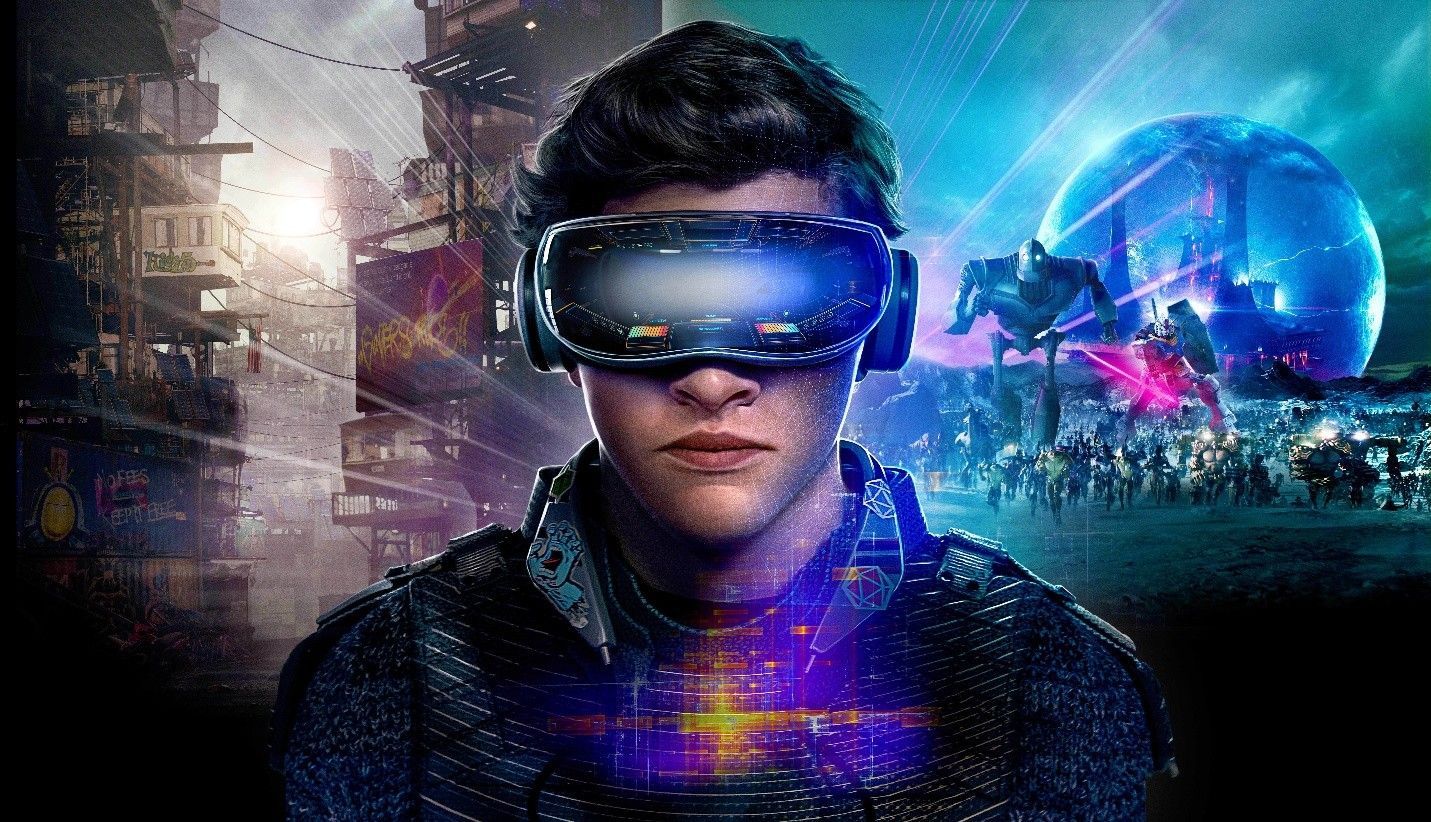Learning in the OASIS
Scenario-Based Digital Learning and the Future of Education

In the 2018 film Ready Player One, society in 2045 faces environmental collapse, economic disparity, and widespread disillusionment. Amid this bleak reality, people escape into the OASIS; a vast virtual reality universe offering limitless possibilities. Within the OASIS, users can attend school, work, socialize, and embark on adventures, effectively blurring the lines between the virtual and the real. The protagonist, Wade Watts, exemplifies this immersion, attending a virtual high school and engaging in a quest that challenges his intellect and resilience. [1]
This portrayal resonates with the concept of scenario-based digital learning, where learners engage in immersive environments that simulate real-world challenges. Such learning experiences foster critical thinking, problem-solving, and adaptability; skills essential in our rapidly evolving world.
Michio Kaku, a renowned theoretical physicist and futurist, envisions a future where education transcends traditional boundaries. He predicts that virtual reality and brain-computer interfaces will revolutionize learning, allowing students to experience historical events, scientific phenomena, and complex concepts firsthand. Kaku suggests that this immersive approach will make education more engaging and effective, preparing learners for the complexities of the future. [2]
Complementing Kaku's vision, Jaron Lanier, a pioneer in virtual reality, emphasizes the importance of human-centered technology. He advocates for VR experiences that enhance creativity and empathy, cautioning against designs that prioritize profit over human well-being. Lanier's perspective underscores the need for educational technologies that are not only immersive but also ethically and emotionally considerate. [3]
The OASIS serves as a metaphor for this educational evolution. It illustrates how immersive, scenario-based learning environments can captivate learners, making education not just informative but transformative. By navigating virtual challenges, learners develop a deeper understanding and retain knowledge more effectively. [4]
However, realizing this vision requires more than just technological advancement; it demands a strategic approach to instructional design, user experience, and real-world applicability. This is where Sistema Consulting plays a pivotal role. We help organizations design scenario-based digital learning journeys that mirror real-life processes, systems, and challenges. By leveraging tools like Assima, which enables interactive, clone-based training simulations directly from live applications, Sistema creates immersive, guided experiences that accelerate user adoption and deepen understanding. These solutions are not just engaging; they are anchored in actual business workflows, ensuring learners can confidently apply their knowledge from day one.
In essence, the fusion of scenario-based digital learning and emerging technologies heralds a new era in education. As depicted in Ready Player One, immersive learning environments have the potential to transform not only how we learn but also how we perceive and interact with the world.
References
Click any of the icons below to share this post



